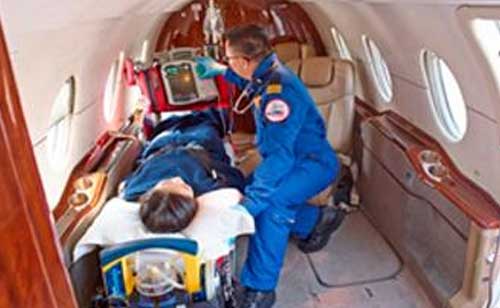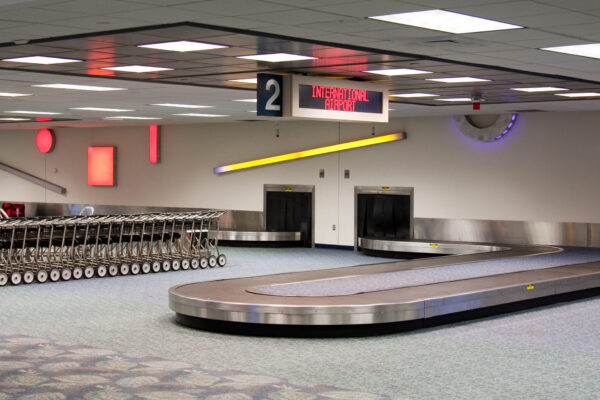For many years I have had a close-up view of an industry that most people know nothing about until a tragic incident occurs. Picture yourself on that vacation of a lifetime – an African Safari, a diving trip somewhere off a Polynesian island, a long-planned visit to Nepal or Myanmar. Or imagine being on a business trip to Jakarta, Manila or Hong Kong. Suddenly you or someone you are traveling with is experiencing a medical emergency. Maybe you have symptoms of a heart attack or a stroke. Maybe your taxi is in a serious accident. What do you do? Who do you call? What happens next? Is there a doctor who can get to you? A good doctor? A doctor who speaks your language so you can communicate? Is there a good hospital or clinic nearby? How do you know it’s good? Because the hotel front desk recommended it?
The answers to these questions may mean the difference between life and death of a loved one or colleague. Yet few people think about these things ahead of time. And, I agree, it’s not fun to think about unless you have to.
It turns out there is a whole industry that focuses on these issues every single day, 24 hours a day. It is known as the international medical assistance industry. And that industry has moved a little bit more into the spotlight recently with several prominent medical evacuations (and, tragically, repatriations of remains) due to the Ebola epidemic in West Africa. Throughout Asia, Europe, the Americas and Africa there are companies that specialize in providing high-quality medical services to tourists and business travelers in places where they are just not available or very hard to find. Many large corporations sign contracts that cover all of their traveling employees and expatriates living and working abroad. Some credit card companies include “travel assistance” packages as part of their Gold Card or Platinum Card benefits. Many insurance companies offer policy riders that include access to international medical assistance services. And, as a last resort, there is your country’s embassy or consulate that may refer you to a service provider. Of course, as with any other industry, there are significant differences in quality, service, and cost. Are the alarm centers staffed with well-trained personnel around the clock? Does the company have a strong network of physicians, nurses, and clinics? Can the company truly pull off a challenging medical evacuation of an unstable patient by air ambulance, if necessary?
It’s a fascinating business. Hopefully you will never need it. But before you plan your next family vacation to a far-away resort or your next business trip to visit your joint venture partner in Indonesia, these are questions worth asking for your health, your safety, and your peace of mind.
Since 2007 Michael Marquardt has served as non-executive Chairman of AA International, Inc., Asia’s leading provider of international medical and security assistance services. Michael also serves as a global business advisor to corporations in Asia, Europe, and the United States. He works closely with chief executives and senior leadership teams on strategic issues and advises Boards of Directors and Audit Committees on effective risk management measures, corporate governance, and emerging technology issues.
Photo courtesy of AeroMed Asia, an AA Group company.





